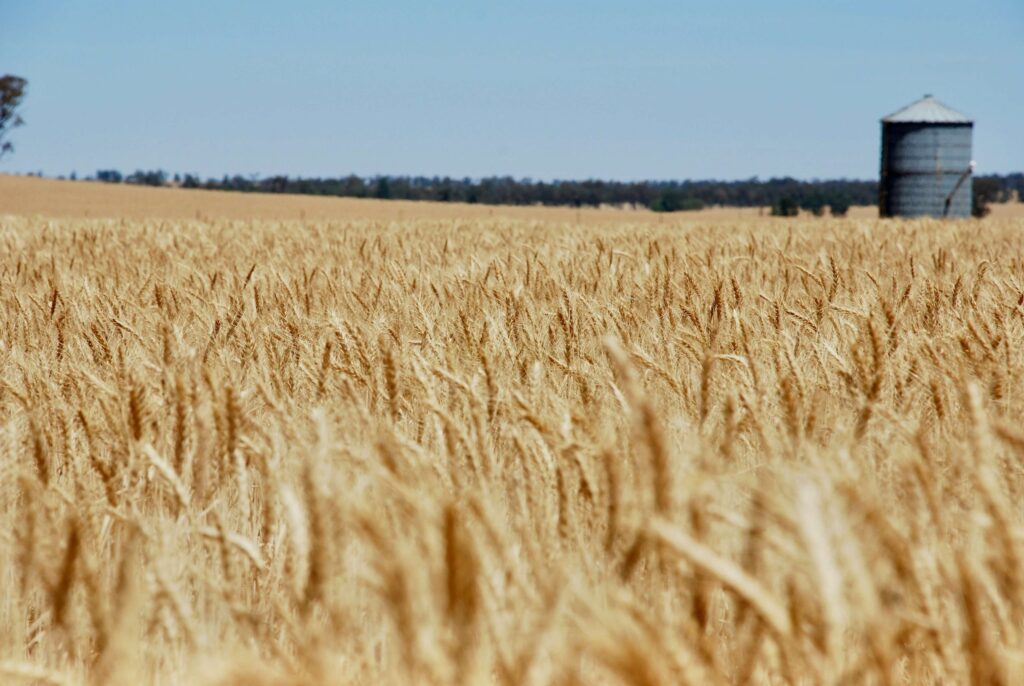The Australian Agricultural sector, in particular, broad acre farming has changed considerably over the last 10 years. Family farms are now large entities that require a larger skill set than ‘just operating a tractor.’ Farmers are business men and women who now have skills in, accounting, marketing, technology and more recently Human Resources.
Human Resource (HR) is the strategic approach to effective management of people. With legislative requirements, it is important to ensure employees are managed correctly in all businesses. However particularly important for farms as they often rely on close-knit teams, long hours and hard labour to get the job done. Having HR systems and processes in place is the best ways to maximise employee performance, ensure employee satisfaction and safety, which ultimately improve the productivity and profitability of your farm.
HR Advisor Kaitlin Trebley from ProcessWorx specialises in HR on farms, having an agricultural background, Kaitlin understands the industry restraints when it comes to people management on farms. “There is often a lack of understanding when it comes to HR compliance on farms, which is understandable as the legislation can be quiet confusing,” she stated. “Your business structure will depend on which legislation you fall under.’’
For broad acre farming, your business could potentially fall under the WA Farm Employees award (State Legislation) or the Pastoral Award (National Legislation). Knowing which legislation your farm falls under is vital because the pay rates, allowances and conditions for employees are very different.
Not understanding the Laws and regulations regarding HR is similar to not having insurance for your farm. An underpayment claim can potentially cost a farm hundreds of thousands of dollars, as well as unnecessary stress for all involved. Being compliant is now essential to a successful farm. Compliance involves, understanding the awards, legislation, and other documentation relevant to their farm structure. Establishing clear employment contracts, policies and procedures for employees and managers to refer to. Understanding pay rates, and regularly checking minimum wage obligations in the relevant award to ensure your workers are paid correctly. Be sure to check the minimum pay rates, allowances, penalties, and overtime rates for all positions on your farm.
Farmers often find that the terms in the award, in particular, the pastoral award are inflexible and don’t take into account busy times or the non-standard hours involved in farming work. “A lot of farmers sitting under the Pastoral Award pay their employees a flat rate for all hours worked,” said Kaitlin Trebley. Due to the amount of overtime employees work on farms, paying a flat rate helps make the payroll process simple. “Farmers need to make sure all penalties and allowances in the award are covered by the flat rate. Ultimately the employee needs to be better off being on the flat rate opposed to being on minimum wage, plus overtime rates, penalties and allowances.” To ensure that employees are better off overall in comparison to the award a Better Off Overall Test (BOOT) is run. A BOOT takes all the award conditions to be traded off or excluded and compares it to the total pay and/or benefits the employee receives to ensure they are better off than if the conditions remained the same as the award.
A BOOT is often paired with an Individual Flexibility Agreement (IFA). An IFA is a written agreement used by an employer and employee to change the effect of certain clauses in the pastoral award to meet the genuine needs of the employer and individual employee. An IFA is a requirement under the Pastoral Award if you are choosing to alter clauses. Not having an IFA can result in not compiling to legislation and a financial burden to the farm.
Many farms are reactive when it comes to HR, waiting until there is a problem such as an unfair dismissal claim or serious grievance before implementing compliant HR systems. No farm is too small to implement HR, any business with employees whether it is one casual farmhand, or 100 staff needs HR. It is important to remember Human Resources is now a way of doing business, rather than a function of the business.
Written by Danielle McNamee and Kaitlin Trebley






